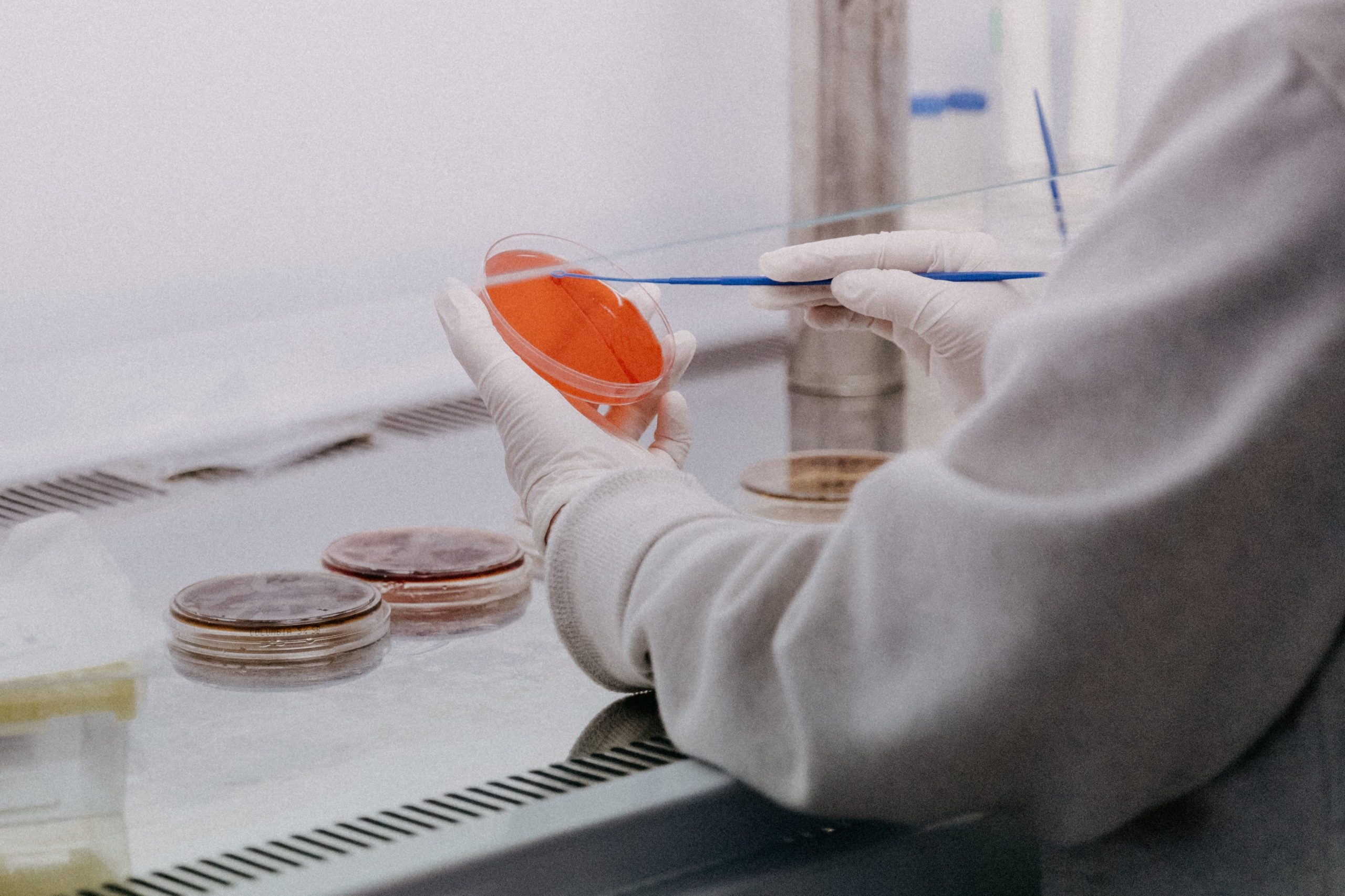A long-awaited joint report reveals that the fatal coronavirus is ‘extremely likely’ to have been transmitted by an animal and not originated in a lab as many thought.
A recent report released by the World Health Organization (WHO) suggests the virus that caused the global health crisis is “extremely unlikely” to have originated in a lab, as previously thought.
Covid-19 was most likely transmitted from an “animal” to a human, the long-awaited report said following a joint international and Chinese probe into the origins of the virus.
🦠🧑🔬 Health experts from #Qatar are among a World Health Organisation team of 13 specialists sent to Wuhan to conduct research into the origins of #COVID19. @WHO
Read more:https://t.co/QFoqPi875L
— Doha News (@dohanews) January 14, 2021
The findings say there is a high chance that the novel coronavirus was transmitted from a bat to an intermediate animal host, and then to humans. However, the path of the transmission is still unknown.
“There is no record of viruses closely related to SARS-CoV-2 in any laboratory before December 2019, or genomes that in combination could provide a SARS-CoV-2 genome,” the study stated.
This ruled out a laboratory leak as “extremely unlikely”.
“So far, we have not been able to document any substantial transmission of SARS coronavirus in the months preceding the outbreak in December,” Thea Fisher, a member of the international team, said at a news conference on Tuesday to announce the report.
Peter Ben Embarek, a Danish food safety and animal disease scientist who heads the international team, assured that the joint team studied all possibilities.
“We try to stay with the arguments we have, the hard facts we have,” he said.
Embarek described it as “a huge report” with “a lot of new knowledge, data and information.”
“Information will continue to come out after the initial studies,” he said, according to China Daily.
Read also: Real-life study shows Pfizer, Moderna vaccines are 90% effective
“There would never be anything like that if we did not have a very strong, good collaboration with our colleagues in China,” he added.
However, Dr. Tedros Adhanom Ghebreyesus, director-general of the WHO, said during the press conference in Geneva that this is not the end of the journey to discover the origin of the novel coronavirus.
Read also: Covid pill? Pfizer begins human trials for tablets to treat coronavirus
He affirmed that although the team have not yet found the origin of the virus, “we must continue to follow the science and leave no stone unturned as we do.”
“Let me say clearly that as far as WHO is concerned, all hypothesis remain on the table,” he added.
Dr. W. Ian Lipkin, director of Columbia University’s Center for Infection and Immunity, pointed out that coming to a definitive conclusion about the virus’ source might take years, or might be unattainable at all.
“You’re trying to reconstruct events from a year and a half ago with incomplete sampling and data,” he explained, pointing towards the Ebola virus which has yet to be attributed to a particular source.
“We may never know exactly what happened. It’s not easy,” he said.
Lack of access
On Wednesday, 14 nations, including the United State, Australia and UK, voiced concern over the results of the study and urged China to provide “full access” to experts.
The joint statement said the probe mission to China’s Wuhan was “significantly delayed and lacked access to complete, original data and samples”.
“Scientific missions like these should be able to do their work under conditions that produce independent and objective recommendations and findings,” it said.
Earlier this year, a team of World Health Organization (WHO) experts headed to the central China city of Wuhan for a scientific field mission to investigate the origins of Covid-19.
The virus was first detected in China’s southwest region before then spreading across the country and seeping out into the rest of the world, leading to a global health crisis.







